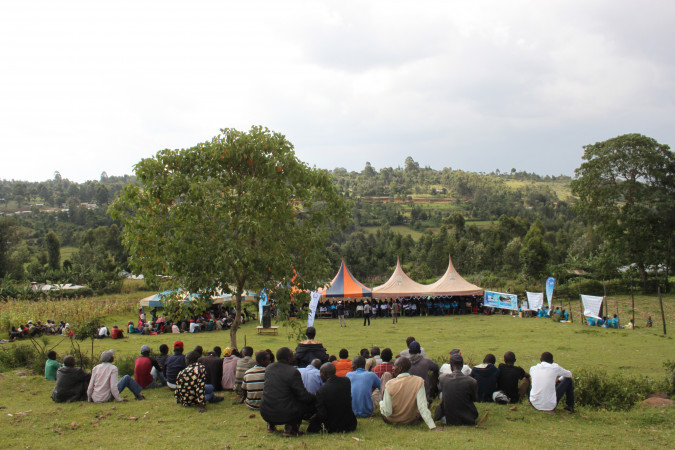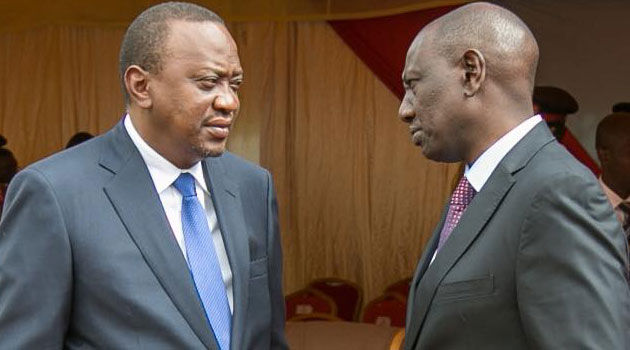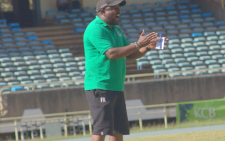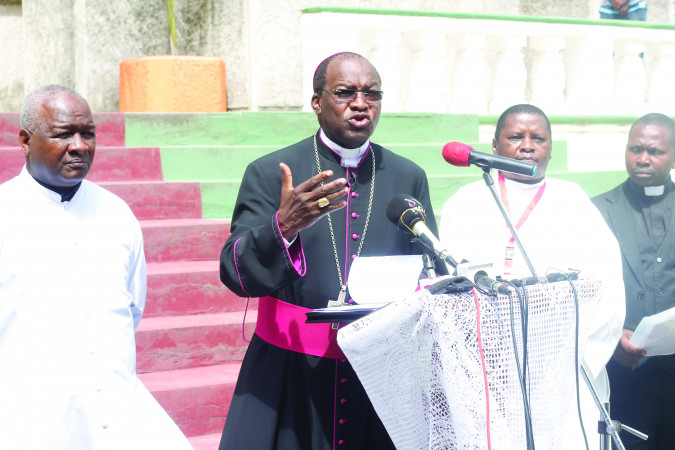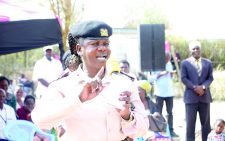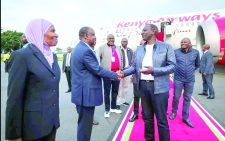Seven-judge bench hearing appeal on the horns of dilemma
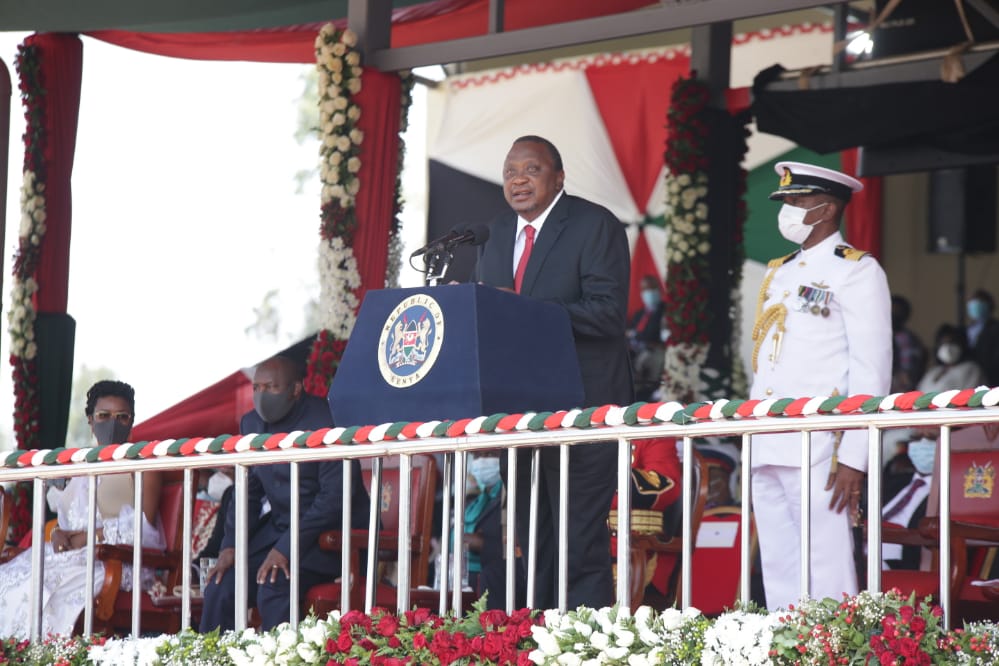
The court battle over the Building Bridges Initiative (BBI) has put judges in a tricky position of balancing between the political implications of their decisions and defending the independence of the Judiciary.
In his Madaraka Day address on Tuesday, President Uhuru Kenyatta accused the courts of attempts to overturn the will of the people. His critics said the comments were meant to undermine the independence of the courts.
The seven-judge bench of the Court of Appeal which will hear the BBI petition will be riding the horns of a dilemma.
If it overturns the High Court decision, it will be accused of pending to accommodate political interests. If it upholds the High Court ruling, it will face criticism from BBI proponents.
Bob Mkangi, a constitutional lawyer argues that judicial decisions either please or offend someone.
“The Judiciary is by design is in a catch-22 institution. It is damned when it does and damned when it doesn’t.
Perceptions, criticism, praise or diatribe should therefore not worry any person who has taken oath of office to serve in it,” said Mkangi.
Makueni Senator Mutula Kilonzo Jr asked Uhuru to exercise restraint and that the Constitution Amendment Bill should not be a do-or-die matter.
“He is not an ordinary citizen. A statement by him as Head of State can easily be misconstrued even if it is well-intended. If the appeal is allowed, Judiciary will appear to be under instructions.
If they refused to agree, it will appear as defiance, yet their work is not to agree with parties or necessarily consider the politics of the day. It is a very untidy event,” said Mutula.
Speaking during Madaraka Day in Kisumu on Tuesday, Uhuru accused the Judiciary of “stretching our democratic boundaries beyond limit,” by blocking the BBI saying Kenyans should be accorded an opportunity to decide on it at the ballot.
“While I stand by the rule of law and I will always obey the decisions of the courts, I am also compelled by my position to heed the sovereign and supreme voice of the people of Kenya.
That is why our National Conversation today must focus on the consequences of choice,” said Uhuru.
Martin Oloo, an analyst and a High Court Advocate however, dismissed the assertion that the Judiciary is under any threat from the Executive.
“The President’s remarks were meant to communicate the mood of the executive to the Judiciary.
The President has invoked the numbers of people who voted for him. His call to the Judiciary is ‘look I have people with me. Do not just push me around’,” said Oloo.
Political analyst Javan Bigambo said the doctrine of judicial independence must remain the guidepost for the discharge or judicial matters.
“If the Court of Appeal manages to overturn the High Court decision, then it will mean that they have been captured by the executive, and the walls of national liberty will have caved in.
Judicial independence must always be preferred to judicial enslavement,” said Bigambo.
Dismus Mokua, another analyst, said that while the Judiciary does not enjoy financial independence, judges enjoy institutional and decisional independence and autonomy.
Higher ideals
“Judges are immunised from external influences when making decisions. The Court of Appeal Judges have capacity to take decisions informed and by law and evidence presented.
No amount of public pressure or intimidation will move the judges,” said Mokua.
University of Nairobi don Herman Manyora argued that President Uhuru Kenyatta’s remarks could have been taken out of context.
“The President called for a national conversation on higher ideals and did not in any way suggest to the courts what they should do, or how they should do their work. The judges should be guided by the law,” said Manyora.
Mkangi also argued that the Head of State is an office that demands restraint and that voicing displeasure of the decisions of the Judiciary demeans the stature of his office.
“Kenya’s judicial officials recognise that their authority comes from the people, who have mandated them to do one thing – use their constitutionally protected independence to protect the constitution and deliver justice for all,” said Mkangi, who was a member of the Committee of Experts which drafted the 2010 Constitution.
